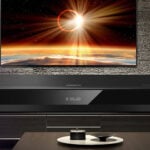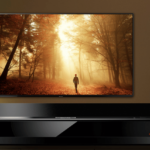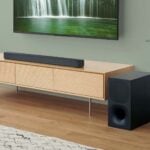EddieMata
Agent
- Joined
- Sep 4, 2003
- Messages
- 29
Hi everyone!
I may be beating a dead horse, but is there an adverse/enhanced effect between twisted wire and side by side? (used for speaker wire)
THANK for sharing the knowledge!
I may be beating a dead horse, but is there an adverse/enhanced effect between twisted wire and side by side? (used for speaker wire)
THANK for sharing the knowledge!





